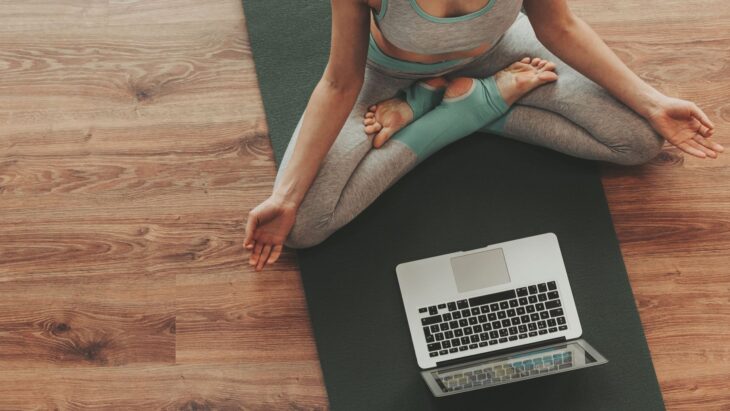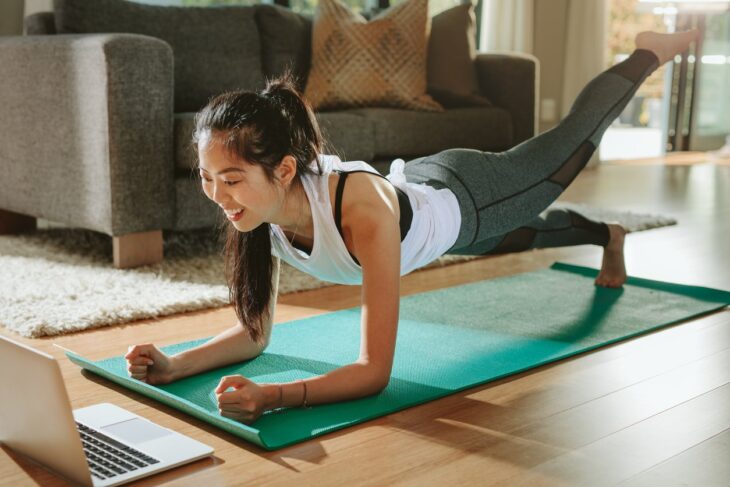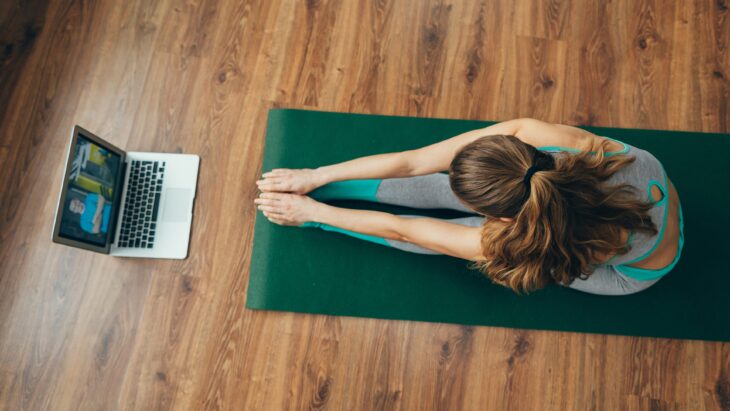In a large number of cases, the lockdown due to the coronavirus and the resulting fear of infection is showing up in forms of mental distress. Though these physiological issues, which are certain to affect all age groups, will ultimately fade as things return to normal, they still cannot be taken lightly and should be countered by adequate counseling. The drastic shortage of therapists we are facing today to treat people to stay fit and healthy during the pandemic leaves people with no choice but to resort to alternative measures. So suppose if patients could log on to a chat room to get the help they needed? Would that be the answer to the problem?
With the onset of the Novel Coronavirus outbreak, stay at home orders, and social distancing measures have rendered non-essential business, including private practice by therapists redundant. Primary care doctors in health care medicine believe online therapy may be the solution to the ridiculously long waiting lists, which mental health patients, especially, have to endure for getting an in-face appointment. This leaves them with little choice but to take antidepressants. Today, because of coronavirus, one in six adults suffer from depression or chronic anxiety on getting back to work. Teletherapy sessions, conducted using proper technology, are real-time solutions manageable from the comfort of the home, which may show you how to cope with something that you earlier thought was insurmountable.

Source: huffpost
As the coronavirus spreads, so do concerns about its impact on mental and physical health as we remain confined to our homes. Here the advantage of teletherapy is great for household people and people busy at work who find it challenging to get their regular face to face appointments. It can also be useful for people whose first language is not English and for those who have agoraphobia. Online consultation is also the only answer for people staying in rural areas and for those who are physically handicapped to travel.
With the coronavirus pandemic continuing to tighten its grip around the world, the people who have been rendered homebound have reasons to worry about their usual fitness routines. Even before the restrictive conditions were announced, an estimated five million persons lost their lives due to inactivity globally. Online fitness training, therefore, can assist you in staying fit and managing mental health, including the additional stress caused by the virus. The services allow users to access tailor-made videos that prescribe a series of exercises for the client. The remote training may not motivate you as a regular session, but with a little bit of discipline, one can get used to the format. And keep in mind that physical activity doesn’t have to be like a workout in the gym.
Any activity is better than nothing, and more activity enhances mental and physical health benefits. Just by weaving a set of online exercises on your schedule, you can eliminate the use of any fancy equipment required otherwise. Using online resources, you can take advantage of yoga experiences for all levels with links to a variety of apps. Then some classes showcase a series of six-minute workout videos for exercising the cardio, lower body, upper body, and the core groups. Apart from this, there are guides to high-intensity training and even meditation, should you yearn for some wellness grounding.

Source: parade
When self-isolation measures are in place, it is essential not to be sedentary, prevent weight gain, and at the same time, keep spirit levels up. Exercise is the only way to improve immunity, by flushing out bacteria from the lungs, increasing white blood circulation and raising the body temperature, all of which makes the body less susceptible to infection, Some additional ways to meet these guidelines when restricted to a home environment are:
- Do muscle strengthening exercises at least two or more days a week.
- Take a break from the computer or smartphone every thirty minutes by walking around the house for a few minutes.
- Playing with a pet is also advisable.
- Three twenty-second fast climb on stairs can improve fitness in just six weeks.
- Do press-ups or push-ups to maintain strength.
- Dancing is an excellent way to help you through the lonely times. Dancing releases endorphins, which protect the heart and maintain fitness
- Good time to bond with the four-legged members of the family, thereby increasing the amount of exercise required to keep them busy.
The key to phone therapy is carving out enough time, space, and investment in it. The more committed you are, the better your experience will be. This unique telehealth system has other benefits, too, like creating flexibility in a normally demanding day. But before agreeing to therapy, it is important to consider how much your session will cost, if you are not meeting face to face. Most insurance companies do not cover online treatment, so better check with the therapist beforehand or your insurance provider about other options. Some of the best online therapy services (like BetterHelp) start as low as US$ 65$ a week for the first month, afterward the fees range from 35$ to 80$ a week. With no limit on the number of sessions, which is incredibly lower than an in-face session, which may cost around 200$, per visit, without including the cost of travel to and fro and the time wasted. A live video chat, in comparison, can be arranged in advance with additional fees if the therapist is agreeable.

Source: mdanderson
Access to care will continue to remain an ongoing battle in these turbulent times. So it is not all that bad when it comes to trying out telemedicine as a desperately needed alternative to counter this pandemic environment. The ability to redress the mental and physical fitness issues of a patient, no matter where they are, and at a fraction of a regular appointment cost, has become a game-changer. Remember that going through the corona crisis can lead to an isolating experience, so whatever can be gained through online therapy should be deemed priceless. After all, it is all about making just one call.
